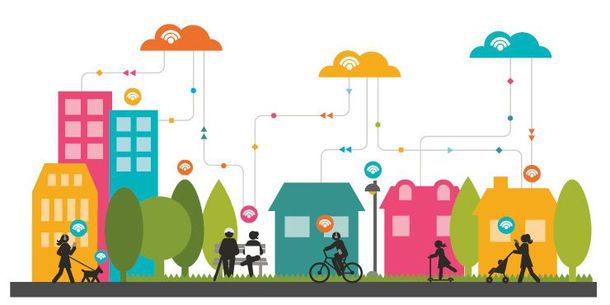Transforming Waste to Wealth to Strengthen Communities
One man’s trash is another man’s treasure
One man’s ceiling is another man’s floor
One man’s pain is another man’s pleasure
And nothing’s for certain, mister, that’s for sure
No, nothing’s for certain, mister, that’s for sure
Song credits: ‘One Man’s Trash’ ©1988 by John McCutcheon. Published by Appalsongs (ASCAP)
Whether promising to turn lead to gold or trash to treasure, the concept of transforming waste to wealth has always been a core part of the human story. These tales have mostly focused on monetary capital forms, however the process can be applied equally to any form of capital, it’s just a matter of developing a value system in which to equitably transform presumed waste into community-rooted wealth.
The two non-monetary sectors in which waste-to-wealth transformation is most easily understood are environment and food, both of which can be used to create biofuels, thereby not only reducing the damage to our ecosystem, but also producing valuable commodities. Additional models are in development by the Indian organization TARA in the fields of handmade paper, red clay brick production, stabilized soil block production, pulverized ash block production, concrete roofing, walling and flooring solutions. On a more global scale, the Ellen MacArthur Foundation works with business, government and academia to build a framework for an economy that is restorative and regenerative by design. Regardless of the scale, the goal is the same: improve sustainability by activating the potential of all elements in the ecosystem.
There are other harder-to-value forms that contribute greatly to community wellbeing. One of these is human capital, which becomes exponentially more valuable when catalyzed by knowledge capital to move the community from a state of surviving to one of thriving. An example of this can be found in the STARSkaters sled hockey program begun in Sugar Land, Texas by Jim O’Neill in 2008 to provide a sports participation opportunity for people with disabilities. As a lifelong ice hockey player and fan, Jim believed that the STARSkaters league was a great way to create an inclusive community of support and engagement for those who needed a way to unlock the potential that was often disregarded due to their physical disability. The program has grown over the last 8 years and was recently featured on Stafford Texas’ METV. It’s clear that the participants embody the transformative power of shifting folks from feeling underutilized and disconnected to having a sense of being valued: Great American Pastimes – Sled Hockey.
Whatever the form of capital, the bottom line is that it’s vital that we think differently about what we throw away, disregard or otherwise allow to disappear from our ecosystem. Humans are complex creatures and it stands to reason that our continued growth depends on all of us bringing our whole selves to bear when we seek to strengthen our community roots and co-create a sustainable future.
Suggested reading:
Waste to Wealth: The Circular Economy Advantage, Peter Lacy & Jakob Rutqvist
Transforming towards a circular economy means a shift from the old school approach of “take, make, waste” to “take, make, take, make, take, make.”
Patagonia – The Footprint Chronicles®
The Footprint Chronicles® examines Patagonia’s life and habits as a company. The goal is to use transparency about our supply chain to help us reduce our adverse social and environmental impacts – and on an industrial scale.
The Ellen MacArthur Foundation Publications
Thought-leading insight into the opportunity of a circular economy. Here you can download or buy all of our circular economy books, reports and publications.

